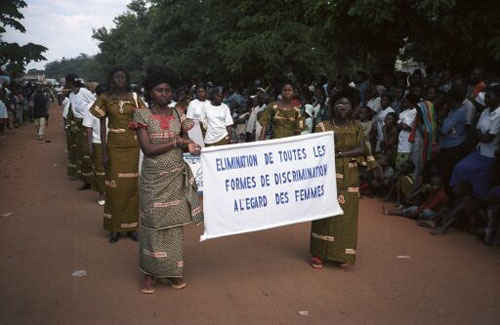
Educated women with financial backing, technology and connections can contribute to their economies and further the growth of their societies just as efficiently and successfully as men. Yet discrimination against women burdens our world in so many devastating ways. שישים ושש מיליון בנות מחוץ לבית הספר ברחבי העולם. בנות הן קורבנות 80 אחוזים of all human trafficking crimes. בנות ונשים הן הקורבנות 75 אחוזים of the AIDS cases in Sub-Saharan Africa, האזור שנפגע בצורה הקשה ביותר על ידי מחלה זו. One hundred and fifty million girls are victims of sexual violence in a single year and 50 percent of all the sexual assaults in the world are against girls under 15. Fourteen million girls under 18 יהיה נשוא השנה, באופן טראגי, the number one cause of death for girls 15 – 19 הוא childbirth.
Earlier this year at the fourth Green Templeton College Emerging Markets Symposium at Oxford University, world authorities on the various forms of gender discrimination and inequality shared their views, including Sir George Alleyne, סר דייוויד ווטסון, הנגיד מדלן קבל, אנו ג'ונס, לינדה סקוט, ג'יין מק'אוליף, Suman Bery, דיאן גומז, מרי אליזבת המלך, Jeni Klugman and Ian Scott. They agreed to continue the conversation with me in my series about gender equality.
What significant movements or endeavors are underway from women themselves to correct the situation? How is technology helping women’s plight? What effective steps have been taken to educate girls and boys on the AIDS issue? What can private firms and corporations do to promote women’s equality in the workplace and in society? What roles are international lenders and western customers of emerging nation’s goods and services playing in accelerating the process to end gender inequality? To explore answers to these and other questions for Part 3 של “נשים,” I connected with Mary King (Professor of Peace and Conflict Studies, University for Peace), סר ג'ורג 'Alleyne, (Chancellor of the University of the West Indies and former UN Special Envoy for HIV/AIDS in the Caribbean), דיאן גומז (Group Director, MAS אחזקות), לינדה סקוט (DP World Chair for Entrepreneurship and Innovation Said Business School, אוניברסיטת אוקספורד) and Meg Jones (Women and Trade Program Manager, מרכז הסחר הבינלאומי).
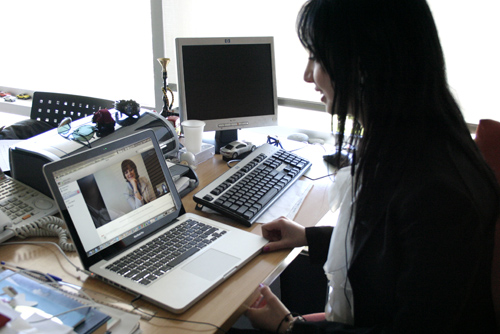
Mary King: What role can the women themselves in emerging markets play in accelerating the steps to bring about gender equality? What significant movements or endeavors are underway from women themselves, such as the civil rights movement in the US, the movement to end apartheid in South Africa, and the women’s suffrage movement in the US?
Mary King: Women know that no country in the world has solved the problem of gender inequity and they are not passively waiting for parliaments or governments to take initiative. Working usually within civil society, women have historically fought fights for others and in so doing become effective proponents for their own uplift. Rarely is it acknowledged that their self-liberation efforts have benefited entire societies.
Protesting is simple. More important is the ability to organize, something that many nation-states wish to repress. Yet social movements originated many of the 20th century’s human rights laws and international conventions, and played major roles in ending the slave trade in the 19th century. Most women’s activism has historically been nonviolent direct action, which only shows signs of strengthening in the 21st century. היום, women’s movements are mobilizing with strong support from men, holding greater promise that gender equity can be achieved.
In Zimbabwe, לדוגמא, the Musasa Project (named for an umbrella-shaped tree) gives psycho-social support to victims of gender-based violence including rape, while the Doors of Hope Trust is a support group consisting of and founded by women victims of rape. בינתיים, the Padare/Enkundleni Men’s Gender Forum involves male rock stars and media celebrities to challenge maltreatment of women as part of manhood. In Egypt, where sexual aggression against women rebounded like coiled serpents after the revolution in Tahrir Square, the “Tahrir Body Guards” are men who stand guard for women, due to uncertainty of police protection. Worldwide, women are fighting systemic violence against women, seeking to end the patriarchal impunity routinely accorded for sexual assault, atrocities, and murder of women. Some campaigns seek parallel justice, acknowledging that there are differences between a just outcome for the raped as opposed to punishment for perpetrators of sexual crime. Others seek an end to the practice of dowry, closely linked to female infanticide. Local movements are pressing for a village-by-village end to female genital mutilation.
In Syria, anyone can report molestation of women to an international NGO called “Women under Siege.” The Women’s Media Center has a reporting project on rape as a weapon of war. ואכן, transculturally, women’s organizations make abundant use of networks and networking. Mapping of harassment sites as warnings is underway in cities from Manhattan to Cairo. Zones free from rape or child marriage are being formed. Just as school-age children led the Children’s Crusade in Birmingham, Alabama, ב 1963, schoolchildren in Africa and Asia are organizing for elimination of child labor, trafficking of children, and child marriage.
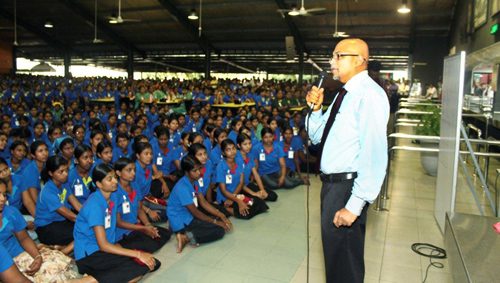
לינדה סקוט: What recommendations would you make for using technology to help women’s plight? What major initiatives are currently underway?
לינדה סקוט: There are major programs underway, such as the distance mentoring platforms for entrepreneurs administered by the Cherie Blair Foundation for Women and the women’s business registration effort conducted online by WEConnect. I would caution, עם זאת, that people in the wealthier nations make too many assumptions about the availability of technology to women in the less developed countries. במקרים רבים, it is only elite women who have frequent access to computers or internet. Often bandwidth, even in the cities, is very limited. Mobile telephony has much greater reach, but often the signal is insufficient for more than texting and voice. And the GSMA has demonstrated that women are much less likely to have access to mobile phones than men. My guess is that the biggest effect of technology will not be business-training programs and that kind of thing, but will be the way that these devices can connect women to each other and to the wider world — and do so in a way that those who would keep them subordinated cannot see.
סר ג'ורג 'Alleyne: Why are gender equality issues important in the fight against HIV/AIDS?
סר ג'ורג 'Alleyne: One of the issues that has concerned us in the Caribbean is the rising prevalence of HIV in girls. Many of us have considered that this is another expression of gender inequality that exists. במילים אחרות, the unequal relationships between men and women make it difficult for young girls to discuss sex in an environment like this. Sex should be a consensual activity, thus it should be possible for either partner to discuss whether or not to have sex. That is contributing to the HIV infection in young girls. It is not that young boys are unaffected but the figures in young girls are of concern to us.
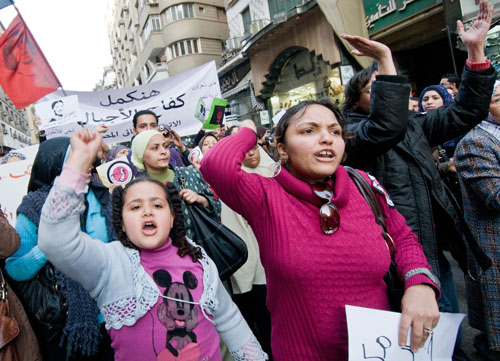
What effective steps have you seen to educate girls and boys on the AIDS issue?
סר ג'ורג 'Alleyne: There are many programs in the Caribbean. There is a Family Life education program which has been in place for several years instructing both boys and girls about their relative worth, instructing them about some of the basics in sexual practices and gender relationships. So this has been rolled out in many of the schools in the Caribbean to address the issues of HIV and gender relationships in general.
דיאן גומז: What can private firms and corporations (national and international) do to promote women’s equality in the workplace and in society?
דיאן גומז: This should be both strategic and transactional, ranging from using the organization’s span of influence to lobby policy changes at state or industrial sector level, to a more controllable area of the organization and associated communities.
Traditionally rooted in bigotry and patriarchy, and tolerated to varying degrees, gender inequality results in a gender gap that is a waste of female human capital in labor markets. Organizations need to identify and address passive tolerance of systems that deny women equal participation for career aspirations in the workplace, whilst understanding the cultural and social barriers which prevent their labor participation.
The critical element to be addressed remains the role of the woman in society – primarily as a care-giver, mother and home-maker and how this is balanced with her professional aspirations. MAS אחזקות’ pioneering MAS Women Go Beyond program is a case-study of how our organization continues to work towards empowerment in the workplace and beyond. Organizations, especially with a large female workforce, have to think holistically and proactively about attracting, מרתק, developing and retaining women in the workplace, rather than offering reactive or temporary solutions.
This starts with a genuine commitment to changing the status quo and ownership from the top to support gender equality.
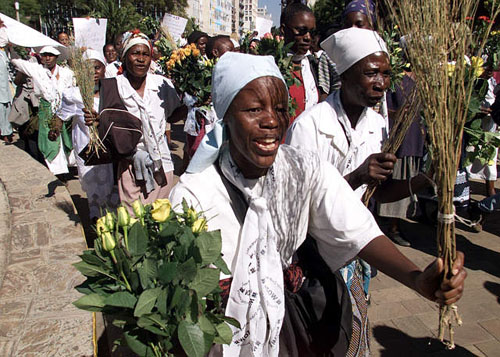
אנו ג'ונס: What role can international lenders and western customers of emerging nation’s goods and services play in accelerating the process to end gender inequality? What examples of successful actions have you seen? What kind of coordination have you seen among governments and key lenders and customers to effect change?
אנו ג'ונס: Trade is linked to development through the economic empowerment of women. מצד אחד, women constitute the majority of the poor; מצד השני, women spend up to 90% on the family, on the health and education of children, which in turn breaks intergenerational poverty. לכן, if we want to impact poverty, we need to increase women’s earnings. International trade is a domain in which a growing number of women are succeeding. It is a viable alternative in developing and emerging economies where paid employment for women is scarce, and where many women entrepreneurs are engaged in the same sector — where competing with each other drives down price. At the International Trade Centre (ITC), we have pioneered a collaborative model with partners like Vital Voices, WEConnect, International Women’s Coffee Alliance and the United Nations Global Compact, that has helped women business owners in developing countries sell $20 million in goods and services in two years. It is the Global Platform for Action on Sourcing from Women Vendors that is a way forward in linking buyers, sellers and institutions like ITC that help build sellers’ capacity to meet buyers’ requirements. יותר ויותר, ITC is working with governments as well as corporations interested in targeting spending to source from women entrepreneurs. Governments are the largest buyers in many markets in which we work, as a UN entity. This is the exciting new frontier: the more governments interact with women suppliers, the better their understanding of what needs to change in the business environment to support women entrepreneurs to succeed. And it is the government, אחרי הכל, that is responsible for policy.
For more articles in Women series: חלק 1, חלק 2, חלק 4 – מצרים
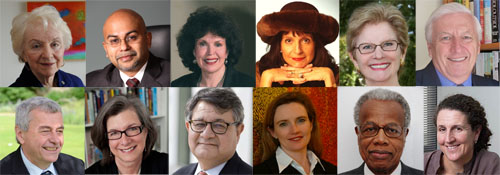
Photos courtesy of Tatiana Philiptchenko, United Nations and Women Go Beyond – MAS Holdings and Jessica Obeid, Cherie Blair Foundation for Women.
בגלובל החיפוש לחינוך, להצטרף אליי ולמנהיגי מחשבה מוכרת בעולם כולל סר מייקל ברבר (בריטניה), DR. מיכאל בלוק (ארה"ב), DR. ליאון בוטשטיין (ארה"ב), פרופסור קליי כריסטנסן (ארה"ב), DR. לינדה דרלינג-Hammond (ארה"ב), DR. Madhav אוון (הודו), פרופ 'מיכאל Fullan (קנדה), פרופ 'הווארד גרדנר (ארה"ב), פרופ 'אנדי הארגריבס (ארה"ב), פרופ 'איבון הלמן (הולנד), פרופ 'קריסטין Helstad (נורווגיה), ז'אן הנדריקסון (ארה"ב), פרופ 'רוז Hipkins (ניו זילנד), פרופ 'קורנליה הוגלנד (קנדה), הכבוד ג'ף ג'ונסון (קנדה), גברת. שנטל קאופמן (בלגיה), DR. Eija Kauppinen (פינלנד), מזכיר המדינה Tapio Kosunen (פינלנד), פרופ 'דומיניק לפונטיין (בלגיה), פרופ 'יו לאודר (בריטניה), פרופ 'בן לוין (קנדה), לורד קן מקדונלד (בריטניה), פרופ 'בארי McGaw (אוסטרליה), שיב נדאר (הודו), פרופ 'R. נטריגין (הודו), DR. PAK NG (סינגפור), DR. דניז אפיפיור (ארה"ב), שרידהר ךאג'גופלן (הודו), DR. דיאן ראוויטש (ארה"ב), ריצ'רד וילסון ריילי (ארה"ב), סר קן רובינסון (בריטניה), פרופ Pasi Sahlberg (פינלנד), אנדריאס שלייכר (PISA, OECD), DR. אנתוני סלדון (בריטניה), DR. דוד שפר (ארה"ב), DR. קירסטן Immersive Are (נורווגיה), קנצלר סטיבן ספאן (ארה"ב), איב Theze (Lycee Francais ארה"ב), פרופ 'צ'רלס Ungerleider (קנדה), פרופ 'טוני וגנר (ארה"ב), סר דייוויד ווטסון (בריטניה), פרופסור דילן Wiliam (בריטניה), DR. מארק Wormald (בריטניה), פרופ 'תיאו Wubbels (הולנד), פרופ 'מייקל יאנג (בריטניה), ופרופ 'Minxuan ג'אנג (סין) כפי שהם לחקור שאלות חינוך תמונה הגדולות שכל המדינות מתמודדות היום. גלובל החיפוש לחינוך עמוד קהילה
C. M. רובין הוא המחבר שתי סדרות מקוונות רבים קוראות שלהיא קיבלה 2011 הפרס אפטון סינקלר, “גלובל החיפוש לחינוך” ו “איך וויל אנחנו קראו?” היא גם מחברם של שלושה ספרים רבי מכר, כולל אליס בארץ הפלאות Real.


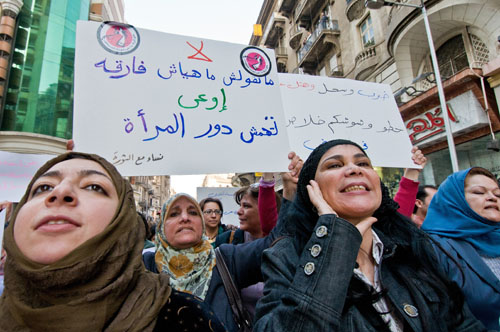
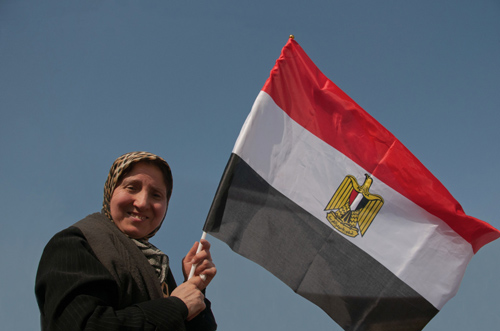
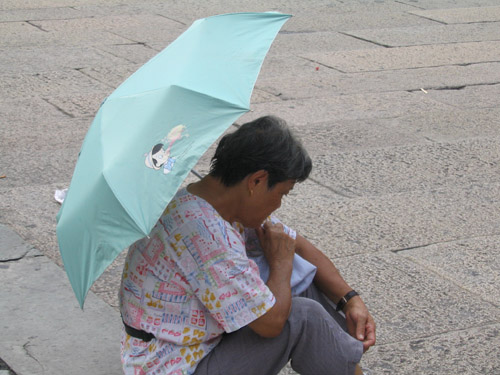
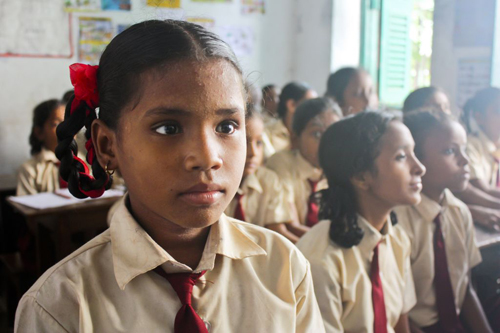
תגובות אחרונות